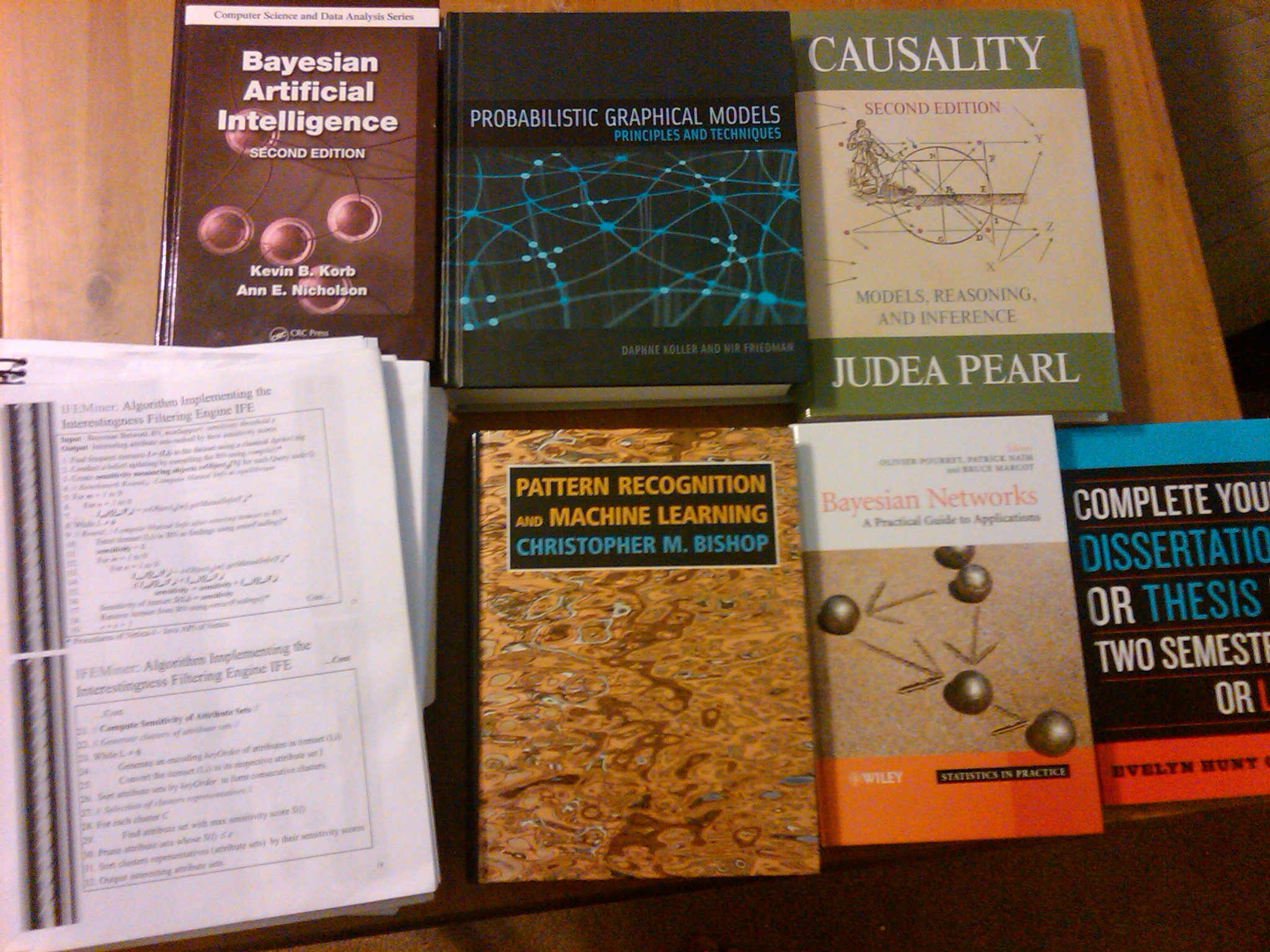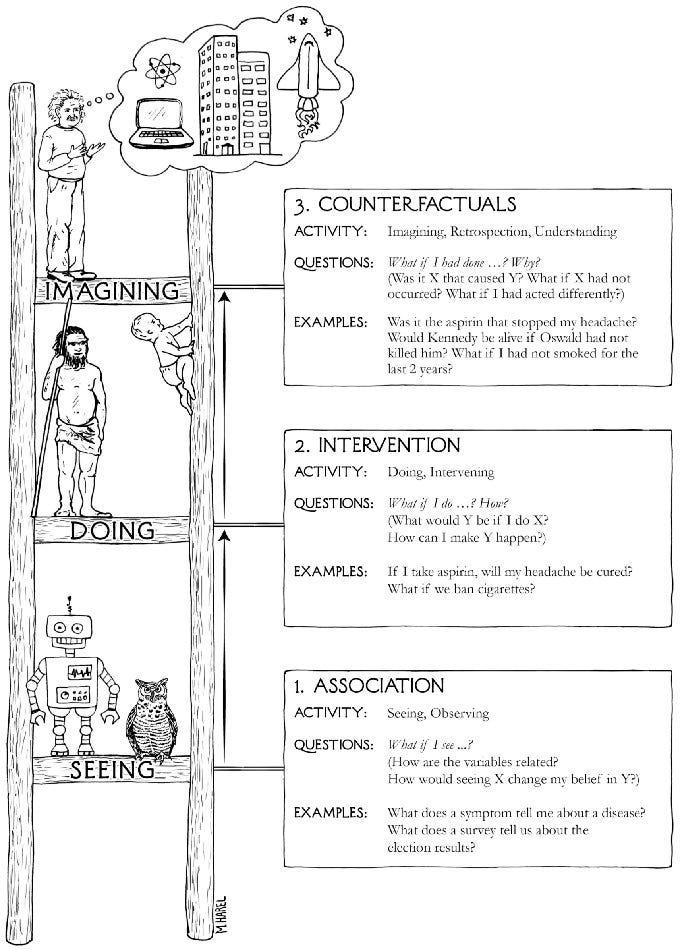

Pearl's work went beyond both the logic-based theoretical orientation of AI and its rule-based technology for expert systems. Judea Pearl's work has transformed artificial intelligence (AI) by creating a representational and computational foundation for the processing of information under uncertainty. Pearl's work on reasoning with uncertainty as well as his game˗changing contributions to machine reasoning about causality have had a pervasive influence not only on machine learning but on natural language processing, computer vision, robotics, computational biology, econometrics, cognitive science, and statistics".įor most of us, Pearl's best known work is the Bayesian network but he is also credited with a wider influence on the whole application of probability to AI. His accomplishments over the last 30 years have provided the theoretical basis for progress in artificial intelligence and led to extraordinary achievements in machine learning, and they have redefined the term 'thinking machine. "Like Alan Turing himself, Pearl turned his thinking to constructing procedures that might be harnessed to perform tasks traditionally associated with human intelligence. Vint Cerf, chair of the ACM 2012 Turing Centenary Celebration, and a former ACM Turing Award recipient, commented: The ACM A.M Turing Award is widely considered the "Nobel Prize in Computing," and carries a $250,000 prize, with financial support provided by Intel and Google.


Judea Pearl of the University of California, Los Angeles has become the the winner of the ACM 2011 Turing Award for "Fundamental contributions to artificial intelligence through the development of a calculus for probabilistic and causal reasoning." Judea Pearl Latest Winner of Turing Award


 0 kommentar(er)
0 kommentar(er)
